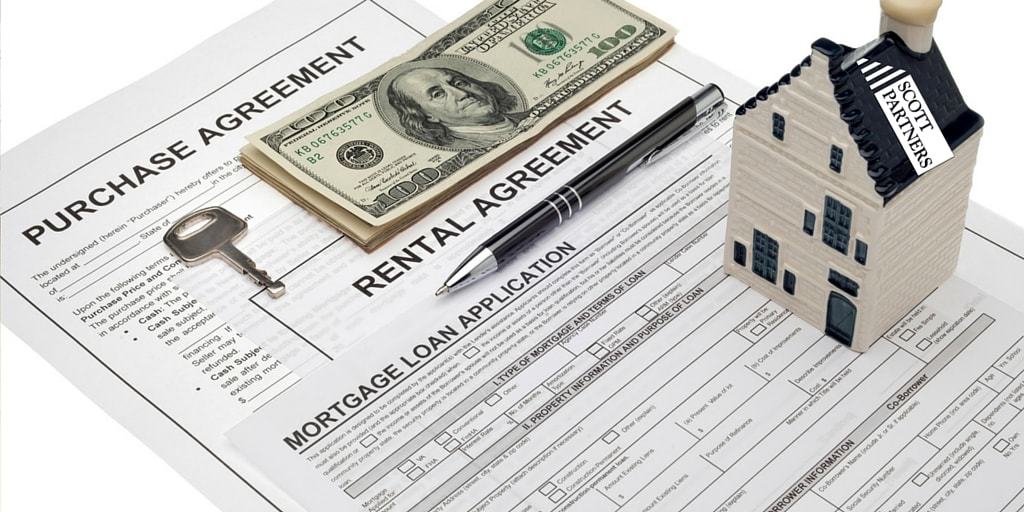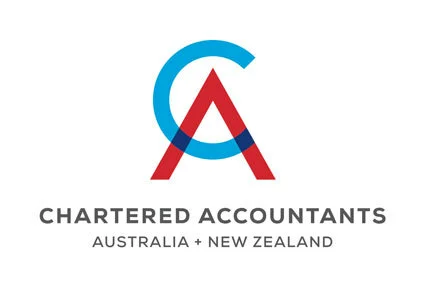Is Negative Gearing Unfair?

The love affair that Australians have with property is undisputed. The signs are absolutely everywhere, from our high rate of home ownership as a nation, to the packed carparks of Bunnings on weekends, and the continued popularity of renovation shows on prime time television.
But although it might be thought of less often, tax settings have also played an important part in property ownership in Australia, particularly for investors. In recent times, one of the most fundamental pieces of tax that supports owning property as an investment, negative gearing, has been a topic of conversation in government and policy circles.
There is now a growing chorus of voices that suggest that negative gearing as we know it is unfair. On the other side of the fence are existing and aspiring investors, who say that the benefits of the system far outweigh the negatives.
So who is right?
What is Negative Gearing?
Negative gearing is a fairly unhelpful term, but it describes a fairly simple transaction. Basically, gearing refers to the money that an investor borrows to buy a property, or a loan. If a property is “positively geared” it means that what you get in rent from leasing out that property exceeds what you pay the bank in interest for the loan that you used to purchase it.
On the other hand, if the property is negatively geared, that means that the interest you are paying on the loan is more than the rent you get from the property. The tax rules allow you to use the interest payments to the bank as a deduction when it comes time to prepare your taxes.
That means that you can use the “loss” over the financial year on your property to reduce your tax bill. So if you were going to pay $20,000 in taxes for a year, but had negative gearing losses of $5,000, you could reduce the amount of tax you had to pay to $15,000.
The other benefit is that while you might have a rental loss for one year, your property is hopefully growing in overall value, which means that when you eventually sell it, you should be able to do so for a profit.
Why is It Unfair?
Those who are against the principle of negative gearing argue that it gives investors an unfair advantage over other participants in the housing market. In particular, first home buyers and their advocates argue that negative gearing raises overall property prices as investors can “bid up” the prices of property as they know they can negatively gear the property to lower their tax bills.
In addition, some commentators point to the fact that few other countries allow losses from one investment to be offset against overall tax. They propose a system where losses from rental properties could only be offset against rental income, not overall income.
On the Other Hand…
However, negative gearing has had the effect of encouraging investment in property as an alternative savings vehicle. Many people who are not comfortable with shares or other asset classes prefer owning a rental property as an investment and way to save for their retirement.
Changing the rules would disadvantage those investors, as well as discourage further investment in housing.
At the end of the day, each person and family’s tax affairs are different, and advice needs to be tailored to you and your circumstances.
To get sound investment and tax advice from the Scott Partners team of experienced and friendly professionals, just call us on 1300 365 455 to make an appointment at a time that is convenient for you. We can help you understand the rules that affect you, and work with you to plan for the future.







